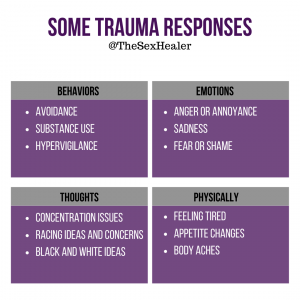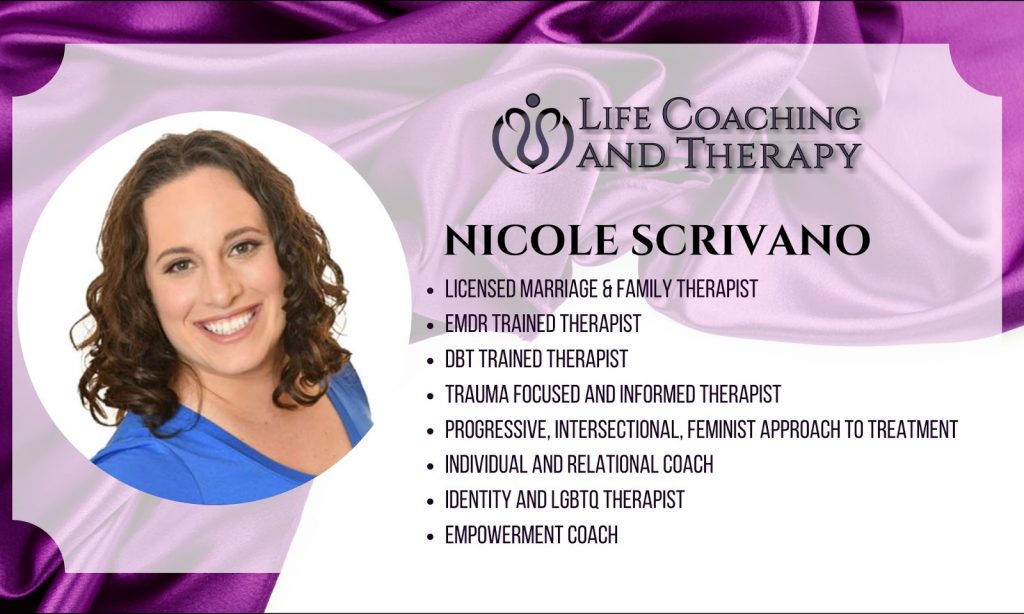Trauma Counseling to Recover from People Pleasing
Trauma Counseling to Recover from People Pleasing
Often in trauma counseling and emotional healing, we focus on trauma responses that occur and perpetuate throughout someone’s life.
The three most widely acknowledged trauma responses are: fight, flight, or freeze.
Often these responses are unconscious and automatic, and if you are interested in your own traumatic response cycle, continue to read below!
Trauma Responses
Traumatic responses caused by triggers are often seen in trauma counseling.
The fight response is when someone is activated or “triggered” and responds aggressively or in a dominating way. Fight can look like literally getting into fight, speaking aggressively, or even be a pursuer dynamic.
Flight is where someone leaves or “runs away.” This can look like someone emotionally removing themselves, literally removing themself from the circumstance, or avoiding any of the things that remind them of said trauma.
Freeze is when someone’s body and physiological responses “shut down.” This can look like someone not being able to move, someone not being responsive, or someone completely dissociating.
These trauma responses are most noted and discussed due to the research around Post Traumatic Stress Disorder (which is historically done around large scale traumas). These responses are clear and valid responses and after often addressed in trauma counseling and therapy.
As we learn more about trauma and the impact it can have, it has become more clear that “fawning” or “placating” is another trauma response.
This is the response of “people pleasing” or placating others to avoid conflict or further harm/trauma to appease the abuser.
This looks like a child trying to appease a parent to avoid further harm or a partner agreeing to something that they wouldn’t otherwise agree to if not for the fear of the others.
This also can look like someone constantly looking to others for approval.
Each of these trauma responses is an automatic response your brain has.
These responses are out of one’s control often and out of their own awareness.
Through trauma counseling or therapy and emotional healing these can be addressed to find various new strategies or coping mechanisms to manage when these responses happen after the trauma.

Fawning and Recovery
In my professional experience, I have seen many clients who have struggled with fawning.
These individuals require frequent validation, often avoid conflict, and often work to please/appease others around them to their own detriment.
Like all trauma responses, this is an automatic process which can then create subconscious patterns in people’s lives where people continue this response into a strategy in their relationships.
This strategy relates to clients engaging in this behavior across contexts and relationships. Often I work with couples where there is a level of codependency in the relationship where one or both partners engage in this dynamic, creating a difficult dynamic within the relationship.
Whether individual or within a relationship, creating recovery around people pleasing is hard because of its origins.
In my professional experience, it requires revisiting the origins of this pattern and how this strategy met the needs you had at the time.
Being able to recognize that this strategy is no longer useful is necessary to work with your therapist to find new strategies to get your needs met.
Another important piece of this is to recognize ways to feel safe.
Recognizing that people who experience trauma do not feel safe, and remind yourself that finding safety is important. Safety can be emotional, physical, relational, and environmental.
Depending on your experience, finding safety can be a necessity.
There are so many things that can be useful to “people pleaser’s” in their recovery that the list can go on and on.
The best advice I can give as a therapist is to find a therapist who you can trust and work through this with.
That includes if you are in a relationship because whether you recognize it or not, your relationship(s) have been impacted by these experiences.
Look for someone who specializes in trauma therapy, trauma work, or trauma counseling, these are the first steps towards emotional healing.
You can get more free content on relationship and sex tips by checking out LCAT’s Owner’s YouTube page where she provides free information at The Sex Healer.
If you know someone that would benefit from this information, feel free to share it.
Life Coaching and Therapy (LCAT) is a relationship coaching and sex therapy practice that transforms our clients lives through our flexible, multi-technique approach and pleasure-skills training provided by systemically-trained and licensed therapists!
Our team of compassionate, licensed therapists and certified sex therapists help Millennials and Baby Boomers alike who visit us for a variety of relationship, intimacy and sex problems.
LCAT provides on-site appointments, as well as video chat and text therapy programs. For clients hoping to take their intimate lives to the next level through personalized coaching on YOUR terms, learn more about our Text Therapy Program.
Learn more about how LCAT can help improve your life at What We Do.
Call or text us at 203-733-9600 or make an appointment.







